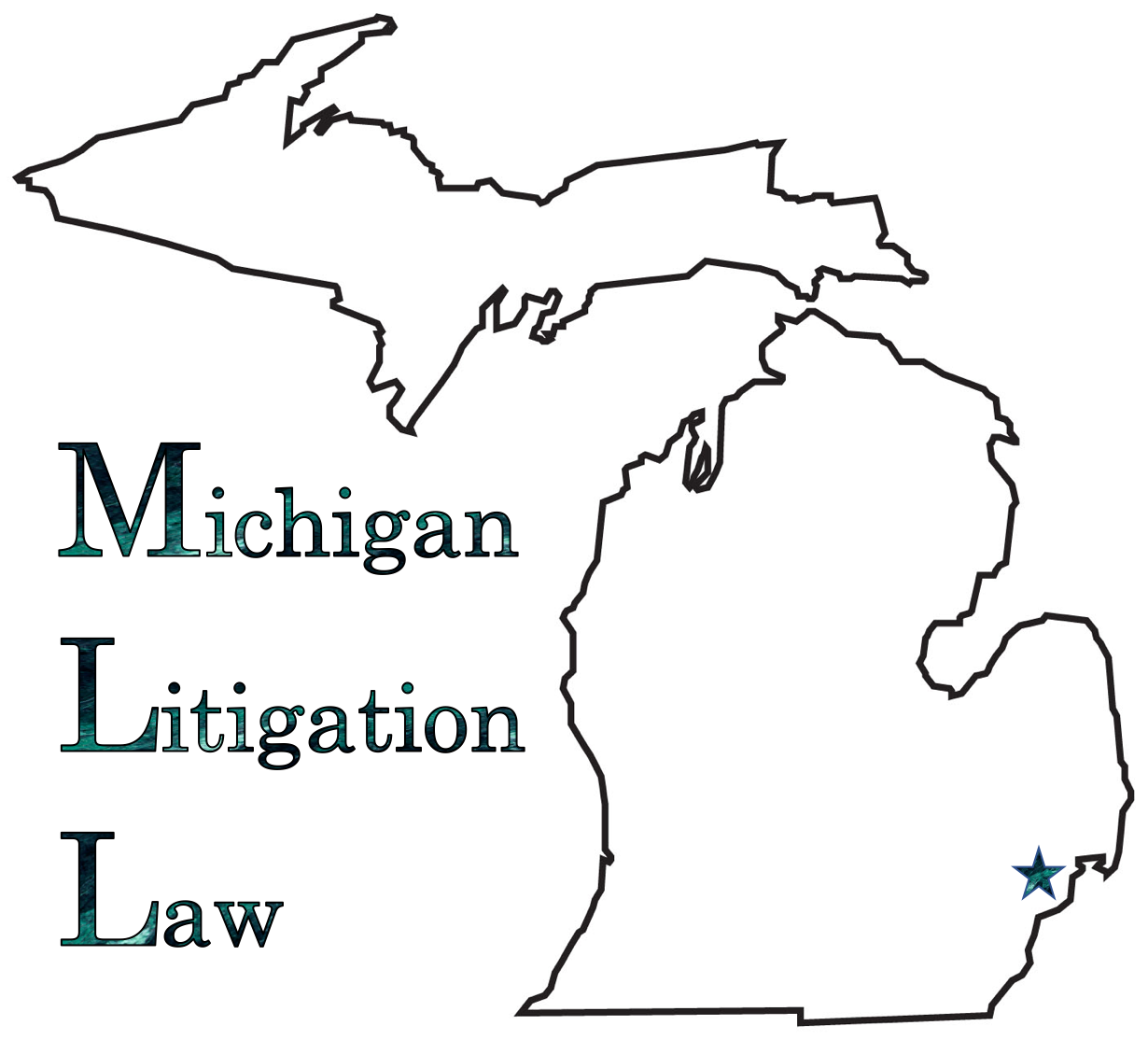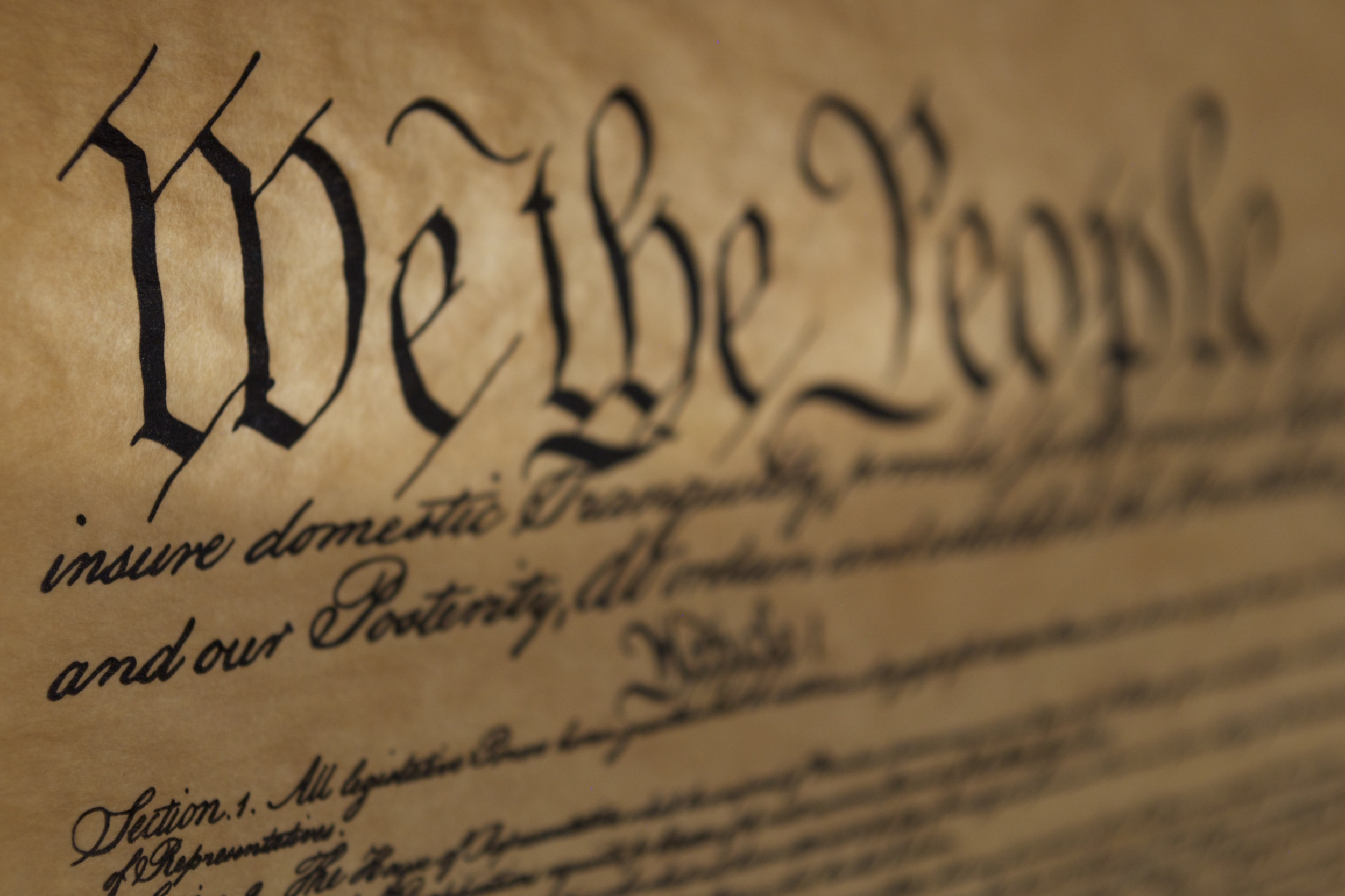Michigan Fourth Amendment Litigation
CALL US TODAY AT 248-850-5824
OR CONTACT US ONLINE!
Think of the Fourth Amendment as Your Personal Right to Privacy
Some would argue that the Fourth Amendment is what makes America the greatest country in the world. Think of the Fourth Amendment as your personal right to privacy. The Fourth Amendment prohibits the government from any unwanted interference in your personal affairs (from stopping you while walking down the street, to coming into your house, to searching your other personal belongings) without probable cause - or reasonable suspicion of ongoing criminal activity, in rare circumstances. It is Michigan Litigation Law's goal to ensure that all Americans understand their rights, and develop a true understanding of why it truly is so great to be an American!
The Fourth Amendment provides you the following rights:
The right of the people to be secure in their persons, houses, papers, and effects, against unreasonable searches and seizures, shall not be violated, and no Warrants shall issue, but upon probable cause, supported by Oath or affirmation, and particularly describing the place to be searched, and the persons or things to be seized.
In May of 2018 the United States Supreme Court, in a unanamous decision, opined that "[f]ew protections are as essential to individual liberty as the right to be free from unreasonable searches and seizures." Byrd v. United States, 584 U.S. ___ (2018). The Court explained that "[t]he Framers made that right explicit in the Bill of Rights following their experience with the indignities and invasions of privacy wrought by "general warrants and warrantless searches that had so alienated the colonists and had helped speed the movement for independence." Chimel v. California, 395 U. S. 752, 761 (1969). Ever mindful of the Fourth Amendment and its history, the Court has viewed with disfavor practices that permit "police officers unbridled discretion to rummage at will among a person's private effects." Arizona v. Gant, 556 U. S. 332, 345 (2009)."
When Can the Police Stop and/or Search you Without a Warrant?
What Can you Do if Your Rights Were Violated?
Things to Watch out For Regarding Warrants:
In the News:
Supreme Court will decide whether police need warrant to search cell phone meta-data.
Supreme Court Says Police May Use Evidence Found After Illegal Stops.
Michigan Fourth Amendment Rights:
The Fourth Amendment protects your right against government intrusion. The Fourth Amendment has been interpreted by the United States Supreme Court to provide you with a general right to privacy. Of course, the plain language of the Fourth Amendment forbids the government (usually the police) from seizing or searching your "person" - aka "Stop and Frisk", and also forbids the government from seizing or searching your home, any of your personal property (your effects), and your papers (letters, text messages, etc.).
The plain language of the rule states that the government may not search or seize your person, house, papers, or effects without probable cause, however, the Supreme Court has created an exception in the case of "Stop and Frisk" and allows the police to stop individuals who the police "reasonably suspect" is involved in "ongoing" criminal activity.
These rules are very important, and not that difficult to learn yourself. However, these rights are regularly violated by the police, and usually no one hears about it unless the evidence is "suppressed" in a court hearing. However, there are numerous occasions in which nothing is found to "suppress" and Michigan Litigation Law plans to put an end to this.
If the police have recently stopped you while walking or driving, and failed to provide a legitimate reason for stopping you - for example, claiming there was a report of innocent conduct, like someone knocking on a door in the area - remain calm and comply with everything the officers order you to do. You are of course welcome to assert your rights, however, dealing with the police can be an unpredictable experience, and Michigan Litigation Law would suggest remaining calm, complying with the officers' orders, and calling us at Michigan Litigation Law at your first possible chance.
Any time the government violates your Fourth Amendment rights, not only will any evidence found be suppressed in any subsequent criminal prosecution, but Congress provided for a civil cause of action, known colloquially as a "1983 action."
Michigan Litigation Law is an expert in 1983 litigation and has a unique specialty in the area of illegal "stop and frisks." The United States Supreme Court just recently reaffirmed in 2016 that a "stop and frisk" conducted without "reasonable suspicion of ongoing criminal activity" allows for monetary damages. Thus, even if a misdemeanor was reported having occurred in the past, the police have no right to stop you.




